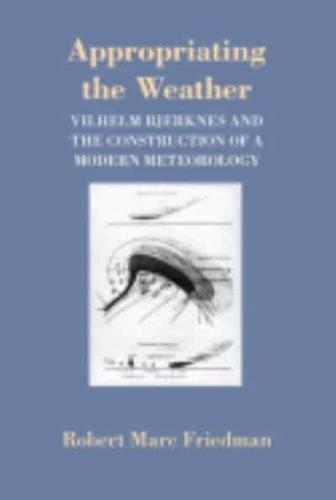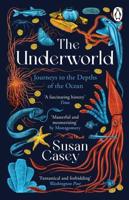Publisher's Synopsis
In this book, Robert Marc Friedman analyzes the revolution in the theory and practice of meteorology during the first quarter of the twentieth century, initiated by Vilhelm Bjerknes (1862-1951) and his collaborators. In contrast to the approach that had dominated meteorology since the late nineteenth century, their weather models and forecasting techniques marked a decisive turn to a dynamical-physical understanding of the atmosphere. Using a wide range of sources, both published and unpublished, Friedman traces the emergence of the new, so-called Bergen methodology and the process by which it transformed first Norwegian and then worldwide weather forecasting.
The establishment of the new meteorology, he argues, was the result of a complaex interaction of scientific, social, and technological factors, and he gives special emphasis to the way in which Bjerknes adapted his mechanical physics of the atmosphere to benefit commercial purposes. By providing more reliable forecasts for farmers, fishermen, and especially for aviators, Bjerknes was able to nurture a school of disciples that could evert a profound influence on the international meteorological community, thereby increasing his own authority and that of the discipline he sought to shape.
Friedman does an unusually subtle job of integrating the often opposing methods of the history and the sociology of science. He explains in detail how Bjerknes, a theoretical physicist, and his collaborators developed a new model of cyclone evolution and the first clear physical explanation of how weather happens. At the same time, Friedman demonstrates how conceptual change was interconnected with the Bergen school's striving to obtain political support at home and to dominate professional meteorology abroad.
Appropriating the Weather is an invaluable contribution to our understanding of the processes in which scientific, institutional, and social factors interact to form scientific disciplines. It deserves wide readership among historians and sociologists of science and science policy makers, as well as meteorologists and other geophysical scientists.
Winner of the Louis J. Battan Author's Award (American Meteorological Society)
Winner of the Jehuda Neumann Memorial Prize for History (Royal Meteorological Society)
One of eight classics of 20th-century continental European history of science
(Isis, History of Science Society)









